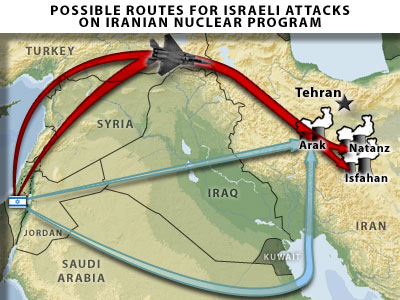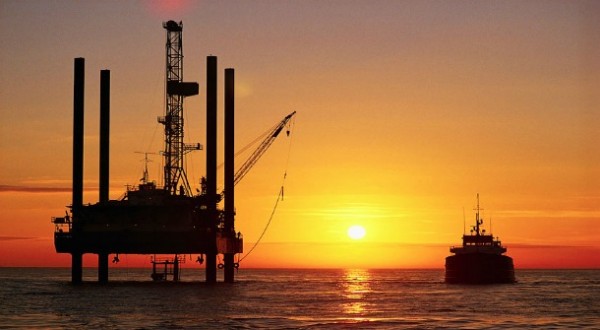By: Holly Ellyatt
Markets should look for “a significant additional political risk premium on the price of Brent( crude oil) ” if nuclear arms talks between Iran and major world powers break down, Nomura has warned.
If Iran walks away from the negotiation table over the proliferation of nuclear weapons technology in the country, markets could easily be spooked over the region’s stability and that could affect the price of Brent, which has tumbled since June, Nomura’s senior political analyst Alastair Newton said in a note Thursday.
“Iran could bring politics very much to the fore again in determining the price of Brent crude before year-end,” Newton warned.
Brent crude for December delivery fell below $86 a barrel on Friday to $85.41 as a stronger dollar and over-supply combined to put pressure on the benchmark. The price has slipped more than 9 percent so far in October, its biggest monthly drop since May 2012, and a quarter since June.
The deadline for the completion of negotiations between Tehran and the so-called P5+1 group which comprises the five permanent members of the UN Security Council (China, Russia, France, the U.K. and the U.S.) plus Germany is on November 24.
“In the event of no agreement by the 24th, I think that the U.S. Congress would impose fresh sanctions anyway,” Newton said. He added there were grounds for caution that the likelihood of agreement was less than 50 percent.
An eighth round of talks was held earlier this month; but major issues over Iran’s uranium enrichment, UN inspections and ratcheting back sanctions imposed on the country remain unresolved. Although talks could be extended, there is no certainty of this.
“If, for one reason or another, negotiations do collapse market participants are likely to focus on the proximity of the January to April period when weather conditions in the Gulf region are generally at their best for military operations,” Newton said.
“They will recall that in March 2012 Brent crude went to $128 per barrel out of concern that Israel would strike against Iran’s nuclear program. Against this backdrop, I would expect markets to be looking for a significant additional perceived political risk premium on the price of Brent.”
 Newton said that if Iran recommenced work on its heavy water reactor at Arak, thought to be just six to nine months from completions, Israeli Prime Minister Binyamin Netanyahu would “be faced with a very tough decision” and could choose to bomb Iran before the fuel rods were installed allowing it to move into long-term weapons-grade plutonium production.
Newton said that if Iran recommenced work on its heavy water reactor at Arak, thought to be just six to nine months from completions, Israeli Prime Minister Binyamin Netanyahu would “be faced with a very tough decision” and could choose to bomb Iran before the fuel rods were installed allowing it to move into long-term weapons-grade plutonium production.
“Based on Israel’s track record, I think a military strike would be a high probability,” Newton said. “However, I also think the Iranians understand this and, based on their track record, would probably hold back from any act which would risk an Israeli strike.
“Thus, any Iran-related spike in the price of oil in the first quarter of 2015 would be unlikely to be sustained,” he said.
CNBC



Leave a Reply
You must be logged in to post a comment.